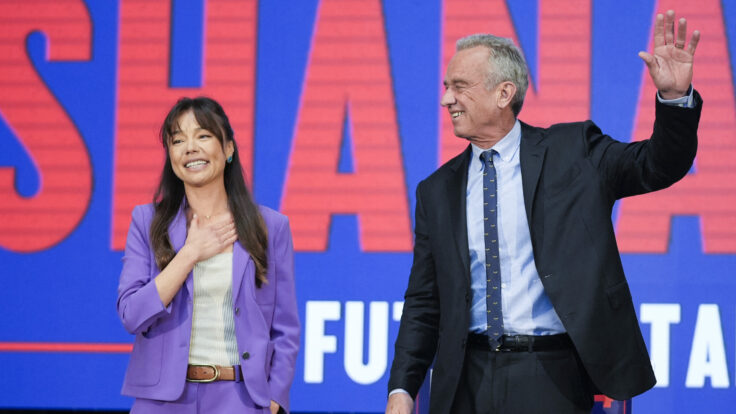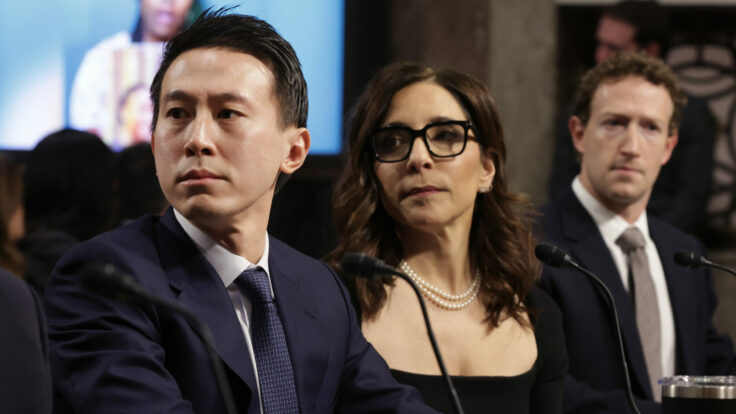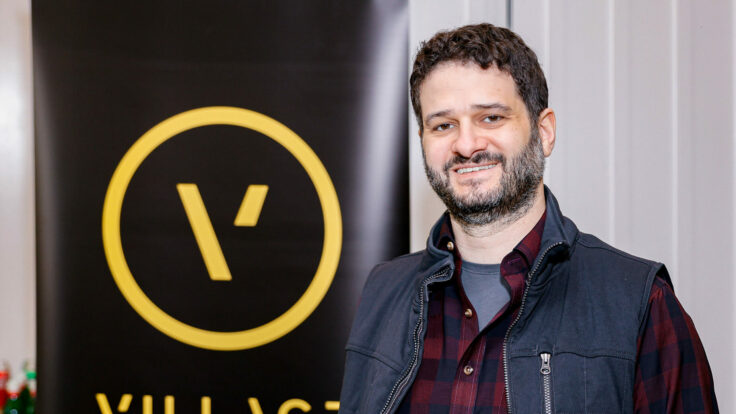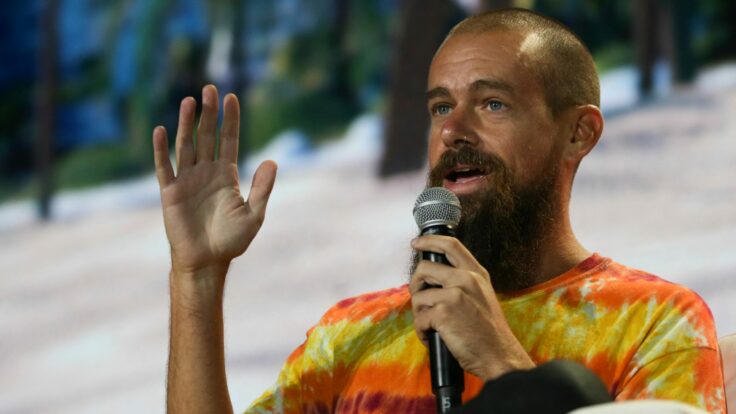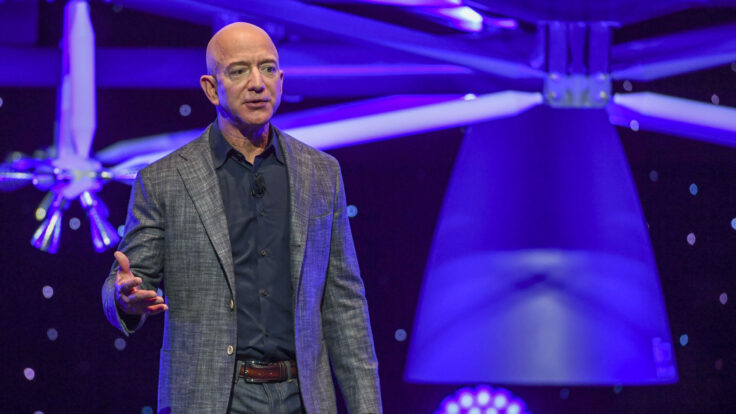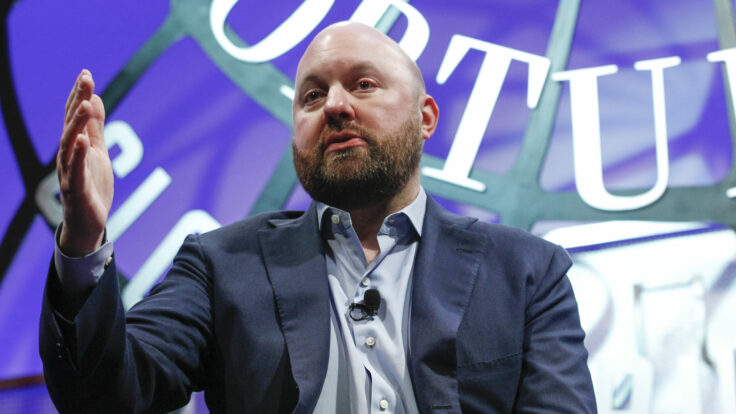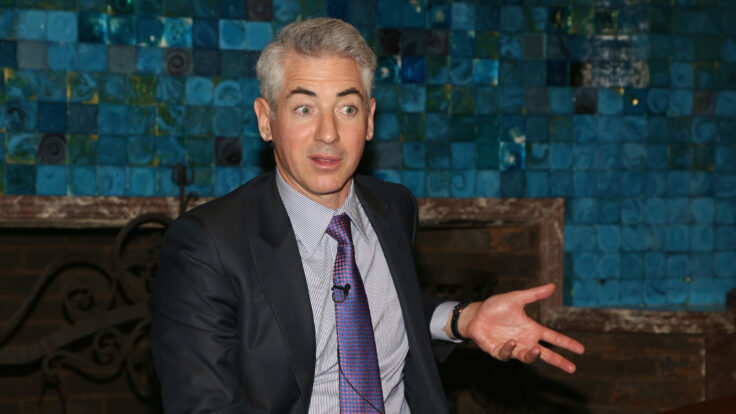The robots are coming. That’s what we’ve been hearing for generations, with the assumption that artificial intelligence would soon arrive to replace human labor, especially the physical sort. First outsourcing, then automation, would further erode blue collar jobs in the developed world.
In some ways, the machine revolution is already halfway complete. We don’t have elevator operators or telephone operators anymore. Many of us check ourselves out at grocery stores or rental car kiosks or airport newsstands. People can push their own buttons, and the folks who did those jobs have other gigs now, including working with technology to produce or oversee production of exponentially more output than was previously possible. As time has progressed, so has the speed of automated systems and the range of their possible application, so that our fears have grown beyond labor displacement in certain sectors to include wholesale displacement of physical human work writ large.









